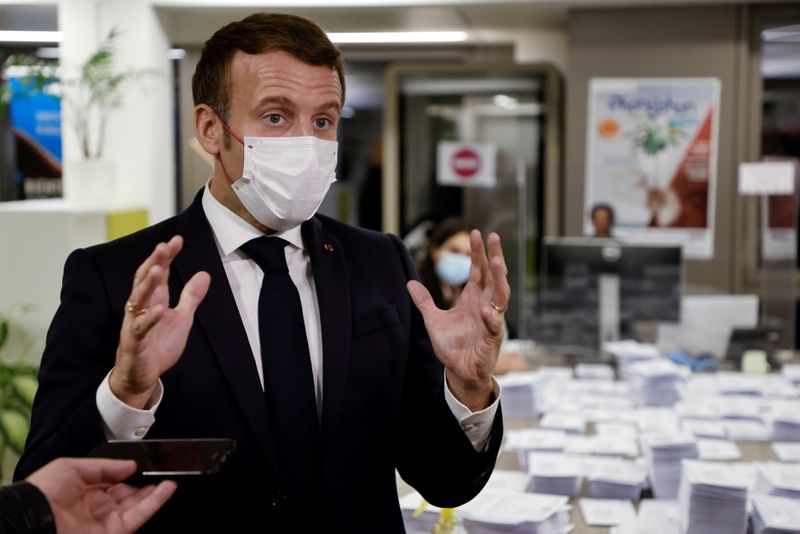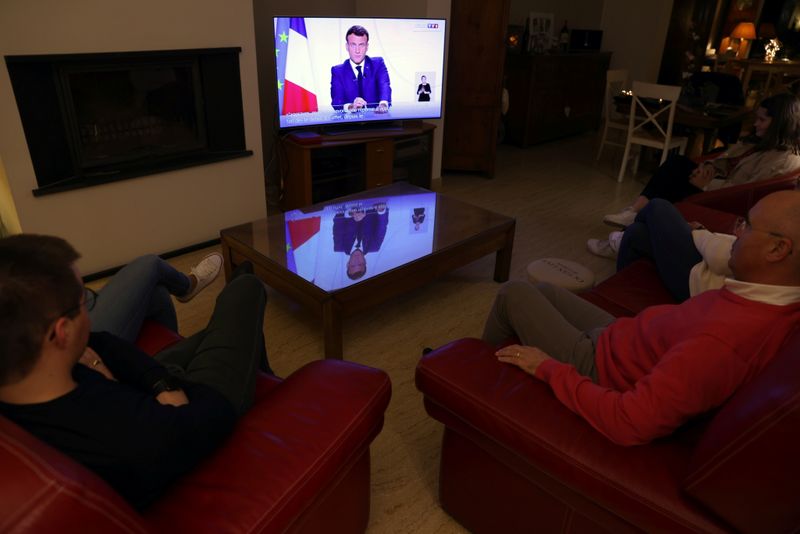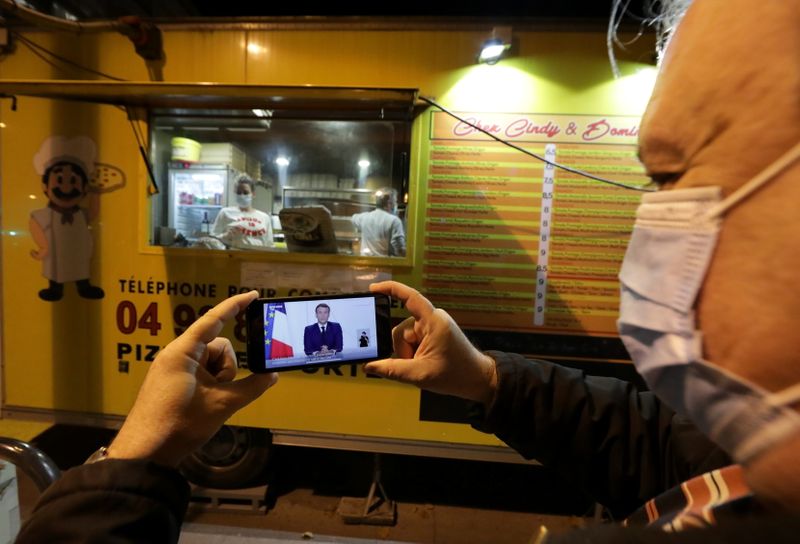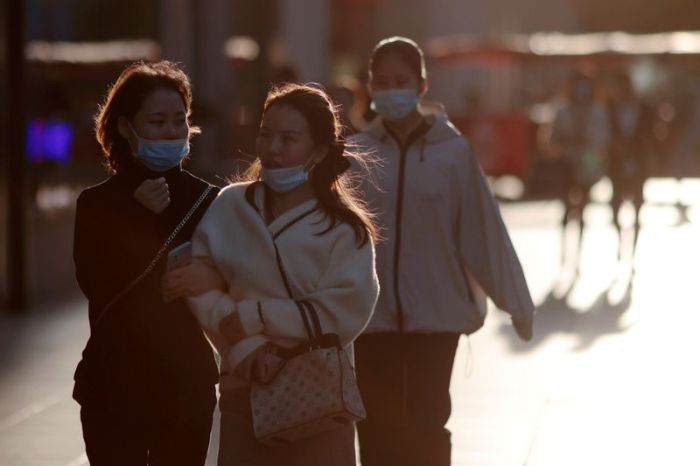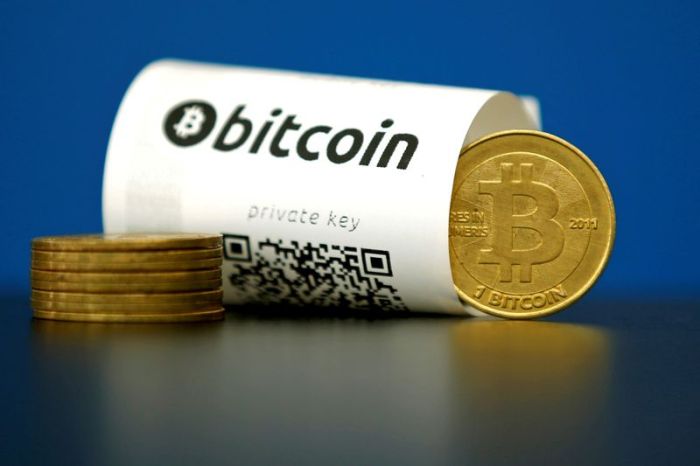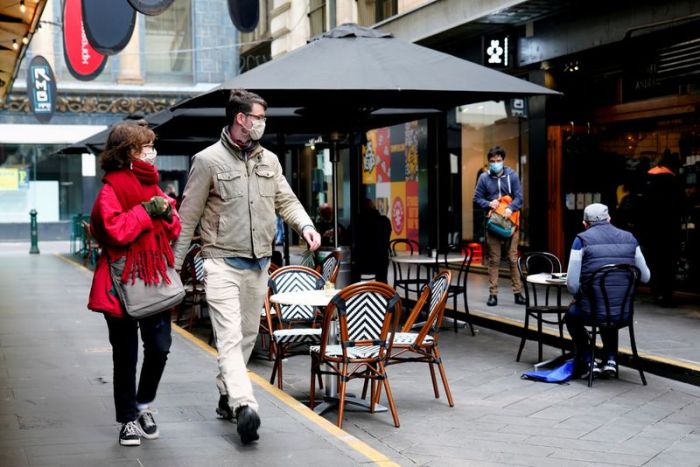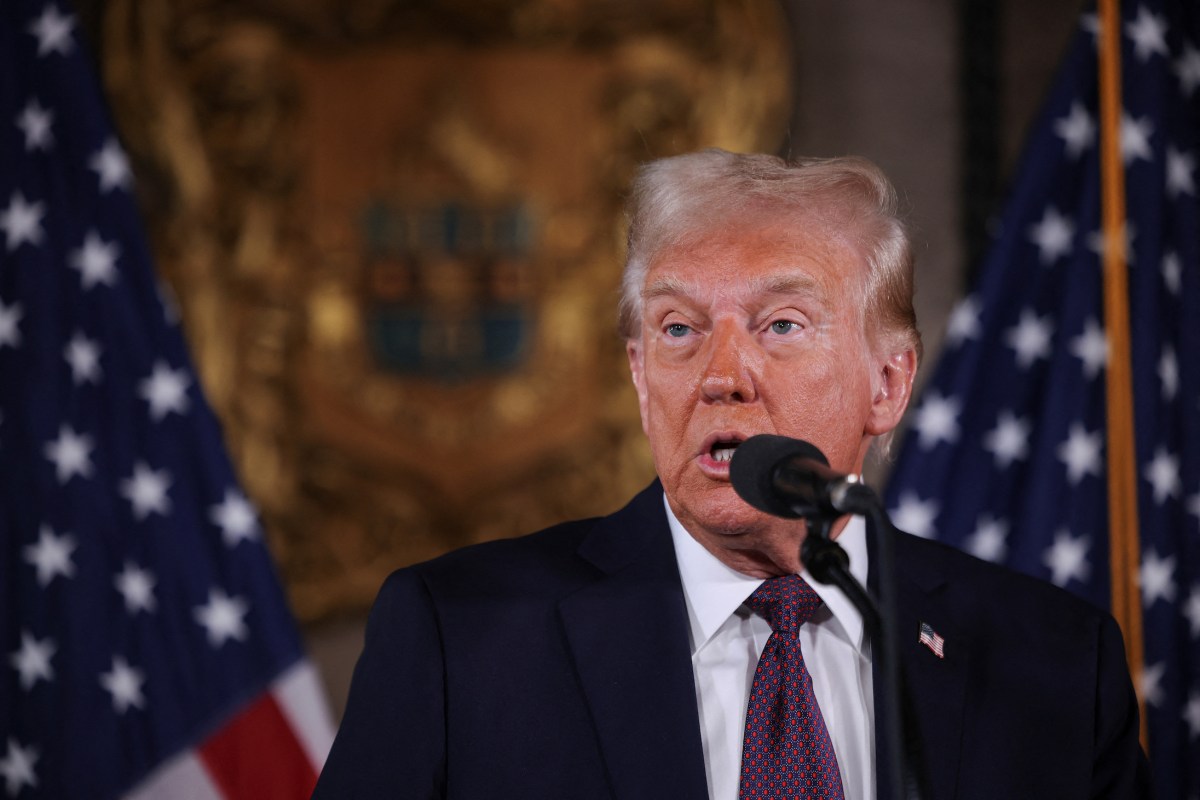PARIS (Reuters) – France will start easing its COVID-19 lockdown this weekend so that by Christmas, shops, theatres and cinemas will reopen and people will be able to spend the holiday with their families, President Emmanuel Macron said on Tuesday.
In a televised address to the nation, Macron said the worst of the second wave of the coronavirus pandemic in France was over, but that restaurants, cafes and bars would have to stay shut until Jan. 20 to avoid triggering a third wave.
“We must do everything to avoid a third wave, do everything to avoid a third lockdown,” Macron said.
After curfew measures in major French cities in mid-October failed to produce the results the government had hoped for, it imposed a one-month lockdown on Oct. 30, albeit less strict than a lockdown that ran from March 17 to May 11.
Positive trends including a decline in hospitalisations for COVID-19 infections, combined with pressure from business lobbies who say they are facing financial ruin, have led to calls to start loosening the lockdown as soon as possible.
Macron’s government is keen to stress to people they should expect only a gradual reopening of the economy.
On Saturday, shops will reopen but people will still need a document to venture out. They will now be allowed to exercise for three hours instead of one, and within a 20-km (12-1/2-mile) radius of their homes, versus the 1 km (two-thirds of a mile) allowed now.
In mid-December, the lockdown will be lifted if the number of new cases has fallen to around 5,000 a day, Macron said, but a curfew would be imposed from 9 p.m. France registered over 9,000 cases on Tuesday, and crossed the 50,000 deaths milestone.
CHRISTMAS
Many French likely let out a sigh of relief as Macron said people will be free to travel across the country to see their loved ones during the end-of-year holiday and leave home to socialise on Christmas Eve and New Year’s Eve, despite the 9 p.m. curfew around these dates.
But no public gatherings will be allowed these evenings and ski resorts won’t reopen before January.
“The Christmas holidays won’t be the same as before, that’s for sure,” Macron said.
French officials say people began disregarding social distancing rules too quickly after the first lockdown, leading to one of the most rampant second waves of the virus in Europe.
Critics of the government say it has failed to put in place an efficient test-and-trace system and to instil a sense of personal responsibility among the public, relying on arcane rules decided from the top.
Acknowledging the shortcomings of the testing system, Macron said it would be reorganised so that test results will be available no later than 24 hours after being taken. He also said the government and parliament will have to discuss ways to make the isolation of infected people mandatory.
France will be ready to start a vaccination campaign at the end of December or beginning of January, Macron said, starting with the most vulnerable and older people.
The vaccine, which he called “a glimmer of hope”, will not be mandatory, he said.
The government is treading carefully on a future vaccination programme, aware that the French, following a series of public health scandals in recent decades, have some of the lowest levels of trust in vaccines in the world.
According to an Ipsos poll for the World Economic Forum, only 59% of French respondents said they would get a COVID-19 vaccine if it became available, compared with 67% in the United States or 85% in Britain.
For details on the announcement, click on:
(Reporting by Geert De Clercq and Christian Lowe; Writing by Michel Rose; Editing by Mark Heinrich; and Cynthia Osterman)

